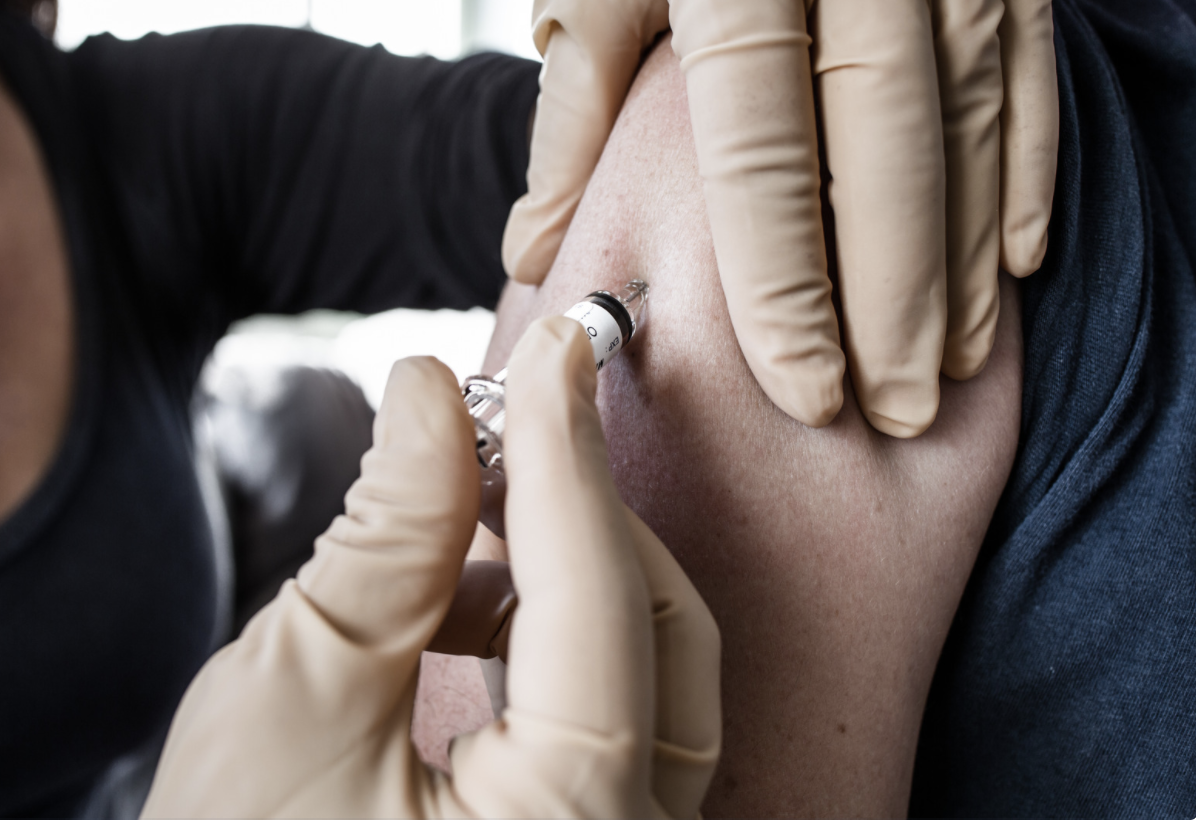Vaccines Redux: More Info and Insights Regarding COVID Vaccines
February 3, 2021

If we keep returning to the topic of COVID-19 vaccines, it’s for good reason: the news (and virus variants) are coming fast and furiously, and the more we find out about the vaccines and the vaccination process, the more complex a picture we have about how to fight this pandemic and ensure the safety of everyone who receives the vaccine. So, following our earlier posts, we now have additional information about vaccine choices and consequences to keep you up to date.
First, the good news. In recent days there has been the publication of data for a new entrant into the vaccine market, this one produced by Johnson and Johnson’s Janssen Pharmaceutical company. It carries some advantages over the Moderna and Pfizer vaccines, as it only requires one shot rather than 2, and it can be kept under normal refrigeration rather than needing special subzero storage. And while some have questioned whether its efficacy rates are comparable to the earlier-introduced vaccines, it’s important to note that the Janssen vaccine was tested under conditions where variants already began to surface, and it’s been found to be 85% effective in preventing severe disease (and death), a critical criterion for a COVID vaccine. So, this new vaccine has many advantages, and will likely be sought out in less wealthy and developing countries. The manufacturer does plan to seek FDA Emergency Authorization for use in the US in the coming days, so it should be available in the near future. But should you wait to get one vaccine if you have a chance to get another? Experts say, absolutely not- get whatever available vaccine you can as soon as possible.
Meanwhile, we are beginning to see multiple challenges to our current vaccine administration. First, there’s been significant chaos and confusion regarding access to vaccination appointments and scheduling of second dose vaccinations. Each state seems to have its own system (or non-system) with different eligible populations and different scheduling platforms. Many states have insufficient data to determine whether they will have enough vaccine supply on hand to give second dosage shots to everyone who needs one (recognizing that there is a window in which the shots are supposed to be given). Most states do not have the infrastructure in place to track the vaccinations and send out reminders for second shots. And nationally, only about 2% of the population to date has received their second shots.
There is also intriguing news about whether those who have already had a previous COVID infection really need to have a second shot of the Moderna or Pfizer vaccines. Anecdotal reports suggest that one shot may be sufficient if you were previously infected, and many of those who were already sick with COVID have had significant reactions after receiving just their first shot. This would conserve available vaccines, though there is only limited data to support this recommendation. And speaking of data, there are also a significant number of health care workers, in hospitals, nursing homes, and other health care facilities who choose to remain unvaccinated for the time being, at least until more data arises about the risks and side effects of the vaccine. Policymakers worry that this vaccine hesitation sets a poor example for the regular population, though it does seem that as time goes on, health care workers can be convinced that being vaccinated is the right thing to do.
Meanwhile, Kaiser Health News journalist Judith Graham recently published 2 excellent articles about older adults and the vaccines. First, no surprise: many of us have already discovered that if you can’t work the computers or you don’t have transportation to get you to a vaccine site, you may be out of luck getting vaccinated, even if you’re eligible- and a recent article by Graham confirms this sorry state for older adults without supports in place. Second, Graham has investigated the advice for seniors who suffer from such comorbidities as cancer, MS, or dementia. The question is whether those particular adults should be vaccinated. While each individual needs professional guidance regarding his or her own situation, the general wisdom is, given the virulence of COVID, your pre-existing conditions should not preclude you from being vaccinated if you have a chance.
Finally, for further vaccine insights and updates, click on these resources from The New York Times, National Public Radio, and even the CDC, which is now back to publishing frequent and data-driven COVID updates on its website. And just for fun, check out which of your favorite celebrities have already had their shot in the arm.







